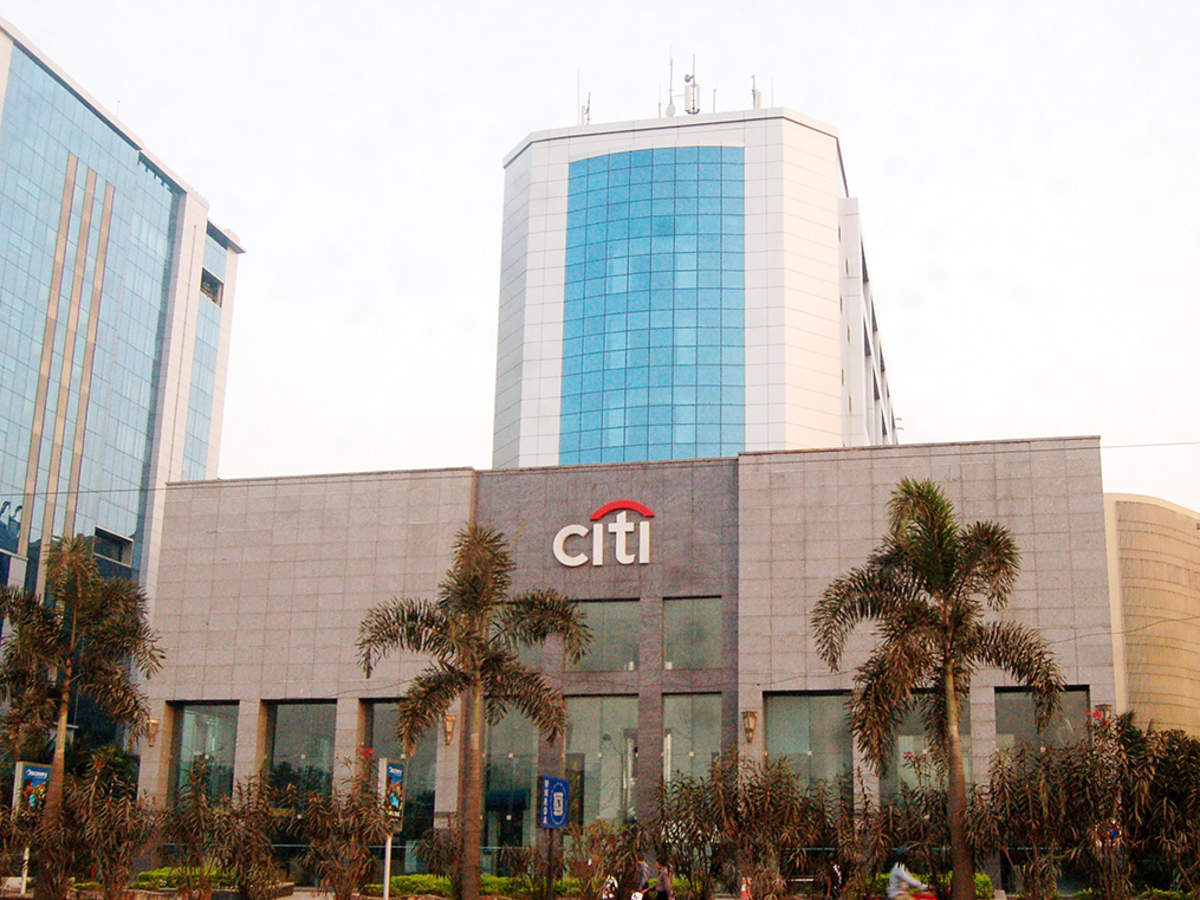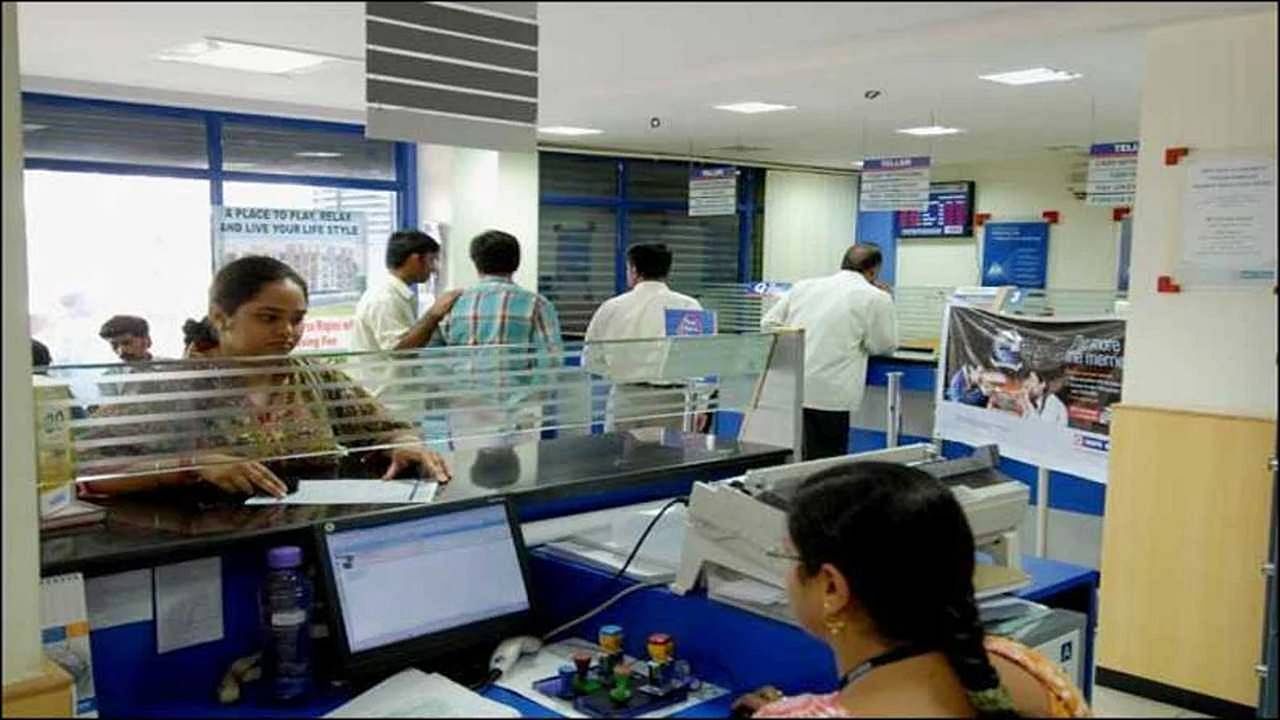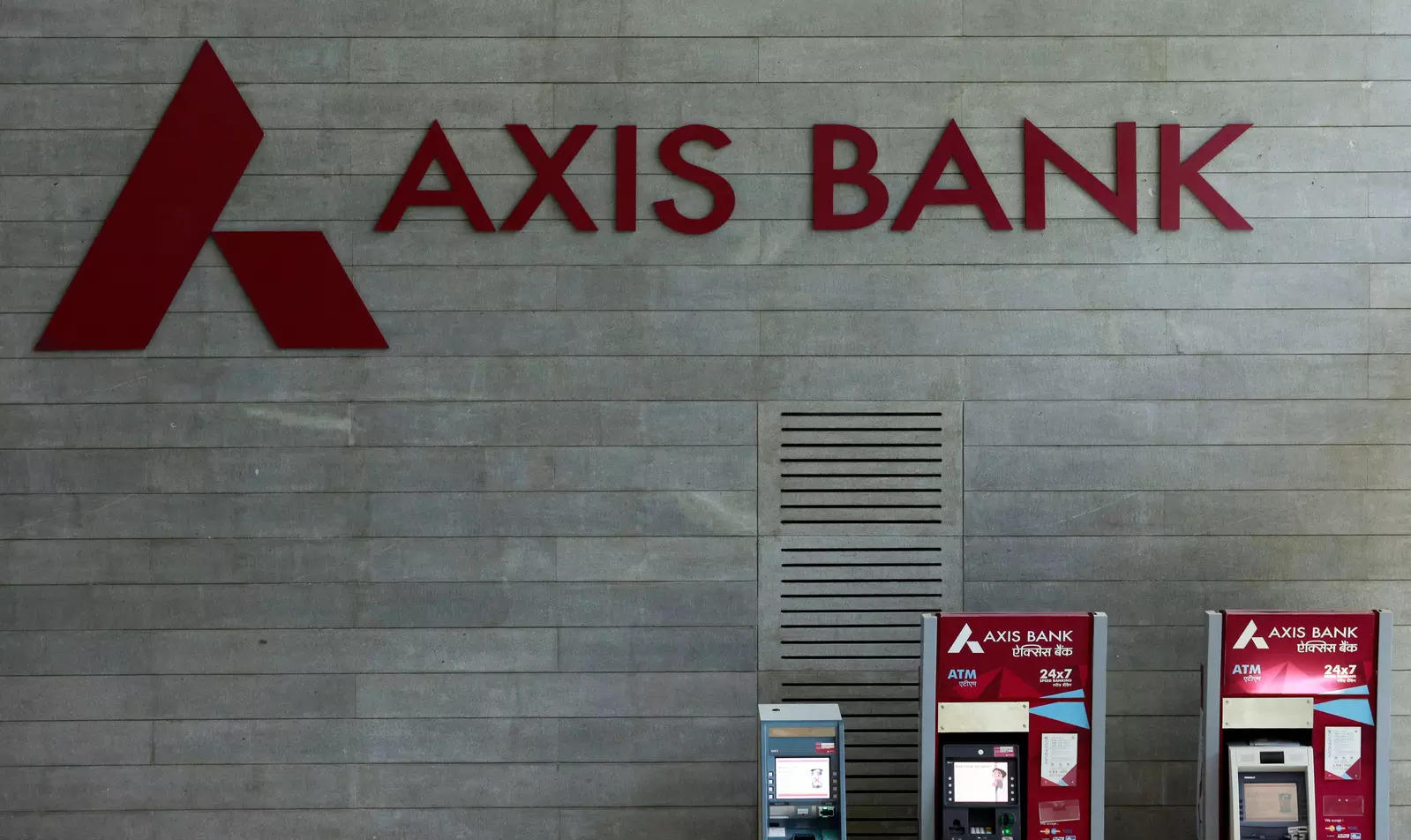
Axis Bank to take over citi group’s retail banking business
According to reports, Axis Bank has jumped ahead in the contest to buy Citi Bank’s retail business.
Citibank Australia is a subsidiary of Citigroup, which is one of the world’s major financial services companies. Citibank was the first foreign bank to be given a banking licence in Australia, and it began consumer operations in 1985.
The deal includes a profitable client base of 2.58 million credit card members, who spend roughly a third more than the average in the sector.
Here’s everything Axis Bank will gain if it wins the bid to buy Citi Bank’s retail assets, from raw figures to synergy gains and more.
Axis Bank has agreed to purchase Citi Bank’s retail business in India for $2.5 billion. Axis Bank has emerged as the frontrunner in the bidding war for Citi Bank’s retail business in India, which is valued at roughly $2.5 billion. The agreement is anticipated to be officially revealed next month.
The deal for the consumer business may be disclosed as soon as the next few weeks, subject to Reserve Bank of India clearance, according to the sources, who asked not to be identified because the information is confidential. According to the sources, the purchase would include a cash component of less than $2 billion to cover the consumer business’s liabilities.
Citibank has 2.5 million assets, retail consumers, and credit card operations in India as of October 2021, with 1.2 million bank account holders and 2.5 million to 2.6 million credit card accounts. Given that all banks are concentrating on their retail clientele.

This combination might propel Axis Bank to the top of the credit card sector. This arrangement will result in excellent outcomes for Axis Bank and increased market share in the credit card sector because the clients are premium. The agreement is likely to be worth $2 billion in cash and $2.5 billion in total.
After beating out competitors, the lender was chosen as the buyer, with criteria such as job security for present Citigroup workers and competitiveness concerns taken into account, according to one of the sources. According to a second source, Axis Bank’s consumer division in the nation will take around six months to integrate with Citigroup’s.
While discussions are progressing, an agreement might be delayed or break apart, as with any arrangement. Axis Bank and Citigroup representatives declined to comment.
According to several sources, after the deal is completed, Axis Bank would require around six months to consolidate its consumer operations in the nation with Citigroup’s.
The proposed India retail sale is part of a restructure by Citigroup Chief Executive Officer Jane Fraser to streamline the US lender, eliminate its retail banking operations in 13 countries spanning Asia and Europe, and focus on high-growth sectors such as wealth management. After the first two waves of Covid-19, Axis Bank, India’s third largest private sector lender, has been attempting to raise retail loans in order to harness pent-up demand.
In India, Citi’s consumer banking division, which includes credit cards, retail banking, home loans, and wealth management, has 35 branches and 4,000 employees. As of October 2021, it has a 0.6 percent advance market share and a 1.1 percent deposit market share, with 2.58 million credit cards in circulation.
Citigroup’s decision to offload retail banking operations is part of a larger restructuring effort by the US lender to eliminate such operations in 13 countries, including Australia, Bahrain, China, India, Indonesia, Korea, Malaysia, the Philippines, Poland, Russia, Taiwan, Thailand, and Vietnam, while focusing solely on high-growth businesses such as wealth management.
This is also good news for Axis Bank, India’s third-largest private sector lender, which has been trying to increase retail loans to meet the pent-up demand created by the epidemic.
The bank said in January that its quarterly profit more than quadrupled, owing to strong revenues from lending and non-core business fees and trading, as the coronavirus epidemic eased, resulting in a rebound in consumer demand.
Axis Bank, located in Mumbai, reported a more than threefold increase in quarterly profit in January, owing to strong revenues from lending and non-core businesses such as fees and trading, as the coronavirus epidemic eased, boosting consumer demand.
Axis Bank was said to be most likely to clinch an all-cash deal for Citi’s India retail operations, which might be worth $1.5 billion, last month. This might include up to $300-400 million in milestone payments, depending on future performance.
According to reports, after the deal is completed, Axis Bank would require around six months to consolidate its consumer operations in the nation with Citigroup’s.
Axis Bank emerged as the top bidder, knocking out competitors such as Kotak, a private lender that was apparently “more aggressive” and had submitted a proposal that was lower than Axis’. Before making the ultimate decision, other variables such as job security for present Citigroup workers, competitiveness concerns, and more were considered.
Representatives from Axis Bank and Citigroup, on the other hand, declined to comment.
Citigroup said in April of last year that as part of a worldwide strategic review, it will depart the consumer banking business in India. Credit cards, retail banking, home loans, and wealth management are all part of the company’s operations.
While Kotak Mahindra Bank was also in the running to buy Citi’s retail banking operations in India, it decided against it due to value concerns.
Axis Bank and Kotak Mahindra Bank were previously thought to be in a tight competition to buy Citi Bank’s retail businesses. According to fresh sources, Axis Bank has rushed forward with a cash and incentive offer totaling $2 billion (about Rs 15,200 crore).
“With Citi Bank’s extensive client base in the credit card and wealth management areas, it’s natural that the purchase is expensive. According to Kranthi Bathini, Director, Equity Strategy at WealthMills Securities, “Axis Bank will have to manage the synergy advantages well enough for this acquisition to become helpful.”
In essence, the question of whether the pricing is reasonable will be resolved after we see what else Axis can offer Citi’s clients. Edelweiss Research analysts agreed with this viewpoint.
Citi is the sixth largest credit card provider, according to RBI statistics, with roughly Rs.25.69 lakh credit cards outstanding as of December 2021.
This figure is Rs.81.33 lakh in the case of Axis Bank.
The planned India retail sale, according to Citigroup Chief Executive Officer Jane Fraser, is part of a restructuring that will see the US lender streamline its operations, eliminate retail banking operations in 13 countries across Asia and Europe, and focus on high-growth businesses such as wealth management.
Following the first two rounds of Covid-19, Axis Bank has been attempting to increase retail loans in order to tap into pent-up demand.
Axis Bank announced in January that its quarterly profit more than quadrupled due to strong revenues from lending and non-core operations, such as fees and trading, as the pandemic eased, resulting in a rebound in consumer demand.
The credit card portfolio of Axis Bank was Rs 15,483 crore at the end of the third quarter of 2021, accounting for 10% of its retail book of Rs 3,67,494 crore.
The lender has previously stated that the salaried category accounts for 69% of its credit card portfolio, despite the fact that credit card spending by its clients increased by 52% in the same quarter last year.

On a quarterly average balance basis, total deposits increased by 22% compared to the previous quarter. Savings account deposits increased by 24% on a quarterly average balance basis over the same time the previous year and 4% consecutively.
While current account deposits increased by 27% year over year and 13% in the previous three months, retail term deposits (RTD) increased by 12%.
On a quarterly average balance basis, both CASA and RTD deposits had increased by 18% over the previous year.
Axis Bank, on the other hand, stands to benefit a lot from the sale of Citi’s India business
What is the position of Axis Bank in the credit card industry?
When it comes to credit cards, Axis Bank is the fourth largest player, behind HDFC Bank, SBI, and ICICI Bank.

Citi Bank is ranked sixth, with a market share of little under 4%.
However, in this scenario, the value of transactions processed by each card issuer is just as important as the credit card numbers.
While Axis Bank has three times the number of cardholders as Citi, the value of transactions processed by the bank is only slightly greater.
Following the purchase, Axis will compete with ICICI Bank for the third-largest card issuer, accounting for almost 13% of overall credit card expenditures.
What is Citi Bank’s contribution to the table?
Citi Bank credit card consumers spend 30 percent more than the industry average, according to a survey by Edelweiss Research.
Citi Bank credit card members spend twice as much as Axis Bank credit card holders, a factor that would have influenced Axis’ decision to pay a premium for Citi India’s retail assets.
Axis Bank’s average credit card spending per user would climb by approximately 23% after the purchase, which may be a major boost for the company.
Edited and published by Ashlyn Joy







